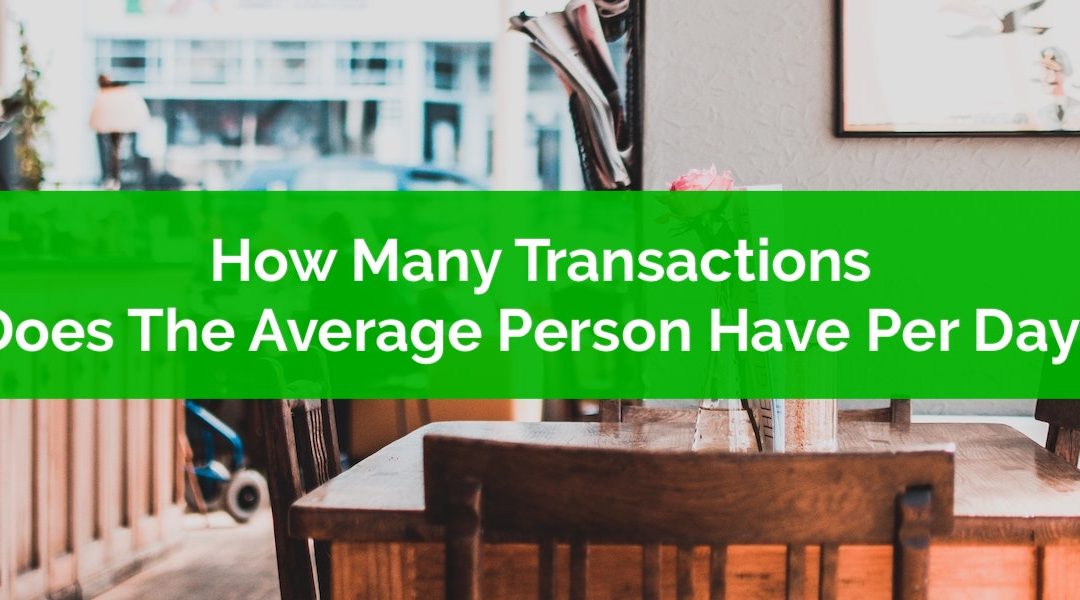
by Owen | May 20, 2019 | Budgeting, Retirement Planning
One of the most important aspects of your retirement plan is knowing how much you plan to spend during your retirement years. Knowing exactly what spending looks like in retirement is one of the most important (and sometimes the hardest to determine) parts of a retirement plan. Even small changes in spending can have a big impact on the success of a retirement plan, so making a good retirement budget is critical.
Depending on your level of spending, that last $10,000 in spending could incur marginal tax rates of 30-40%+. For example, going from $70,000 to $80,000 per year in spending will incur a high marginal tax rate on that extra spending. If we’re using RRSPs to fund part of retirement then we’d need to make pre-tax withdrawals of $14,286 to $16,667 just to support that last $10,000 in spending.
If there was no tax we could support that last $10,000 in spending with financial assets of around $250,000 (this varies from situation to situation but for simplicity we’ll assume a 4% safe withdrawal rate). But to support the taxes on those withdrawals we need much more. To support that last $10,000 in spending we need between $357,142 and $416,667 in registered assets!
This is why getting your spending assumptions right is very important when building a retirement plan.
This is where guidelines like the 70% rule can be very dangerous. It might be ok to use these rules of thumb when you’re 20-30 years away from retirement but when you’re 5-15 years away from your retirement date they can be very misleading.
To create a solid retirement plan we want to build a detailed retirement budget. We want a budget that is built from the ground up, category by category, and is based on facts. It’s more accurate to say how much you’ll spend in each category and then add it up versus using a general guideline like the 70% rule. Plus, it provides a great opportunity to review your spending and ensure it aligns with your values and goals.
There are a few key considerations when building a retirement budget.

by Owen | Mar 11, 2019 | Behavioral Finance, Budgeting
Doing something for a month is hard, doing something for a week is difficult, but doing something for 24hrs…. well that’s not so bad, it’s achievable, it’s realistic.
When trying to do something difficult, something huge, something never done before, we’re often given the advice that you should “eat an elephant one bite at a time”.
To overcome a big challenge you need to break down your problem into smaller, more manageable pieces.
Budgeting isn’t different…
Sticking to a budget for a month can be hard, super hard. Sticking to a budget for a week is hard, but not impossible. Sticking to a budget for 24hrs…. that’s achievable.
It’s HARD to control your spending day-in-day-out for a month straight but with the daily budget you only have to control your spending for the next 24hrs. After 24hrs your budget resets and you have a new amount to spend for the next day.
That’s the beauty of a 24hr budget. Once the money is gone it doesn’t take a month to come back. With a daily budget you get to spend a new chunk of money tomorrow!
The 24hr budget is like an allowance except instead of $1/week you’re getting $20/$30/$40 per day! This is how you create a 24hr budget…

by Owen | Jan 28, 2019 | Behavioral Finance, Budgeting, Financial Goals, Saving Money
Managing finances in a relationship is hard isn’t it? Financial issues are one of the most common factors leading to divorce. Two different people can have very unique views on money and partners in a relationship are no exception.
Everyone values money a little bit differently. We all spend money in different ways. You might prioritize good food while I might prioritize expensive clothes. Couples have different priorities when it comes to money and if those aren’t communicated then its easy for this to cause resentment, anger and frustration between partners.
My wife Sue and I have been managing our money together for 10+ years and I feel we’re pretty successful at it. We still have disagreements, and we each manage our money completely differently, but we have a good system in place to ensure we’re communicating regularly about our finances.
Recently Sue and I were on the Because Money podcast talking about how we manage money as a couple. Sue and I talked to Sandi Martin and John Robertson about a few of the things we do on a regular basis to make money less stressful for us as a couple. You can listen to the whole podcast, but I’ve summarized a few of the main things below.

by Owen | Nov 12, 2018 | Budgeting, Saving Money
Whoever invented the ‘latte factor’ or ‘avocado toast’ created a very skewed sense of how to save money. Saving money by cutting back on coffee, restaurants, going out, vacations etc are very difficult ways to save.
They’re difficult because they’re very visible and often very social occasions… plus they’re a lot of fun, so why cut back there?
Hidden ways to save, on the other hand, are the best ways to save. Saving money on things that no one sees, or cares about, makes it easy to save.
This is the secrete to saving money, save money where no one notices.
What someone considers a “hidden way to save” will be different from person to person. Some people really care about certain things, it all depends on what they value. Maybe they really value the car they drive, the house they live in, or only eating free range/grass fed/organic foods, but for many of us these are easy ways to save money, if you do it right.
These are five hidden ways to save money. No needs to know how much you pay for these monthly expenses and saving money in these area’s can be very easy.

by Owen | Oct 29, 2018 | Budgeting
Budgeting is one of those financial skills that can transform your life. The difference between a solid financial situation and a complete financial disaster can be as little as a few percentage points of your income. Even a few $’s in the right direction, over a long enough period of time, can have amazing results.
The key is to create a budget that works for you and what you value.
Everyone is unique and so is their spending. What I value is different from what you value and our spending will reflect that. Even with the same income, in the same city, we will have vastly different budgets because we value things differently. Making a budget involves understanding those differences and understanding what you value.
It also involves understanding your habits.
Not only do we value things differently, but we also have different experiences. Our spending habits are the result of years and years of experiences with money. Some of these experiences begin at a very young age. The way our parents spend money will impact how we spend money. Sometimes in a good way, sometimes not. Friends, family, coworkers, they all impact our spending habits. You can change habits but fighting too many bad spending habits at one time will lead to budgeting disaster.
It’s good to start slow. Build a budget one step at a time. Practice each step before making your budget more difficult. And if you need help, just ask. Partner up with a friend and hold each other accountable. Or seek out a financial coach to help guide you through the process.

by Owen | Sep 4, 2018 | Behavioral Finance, Budgeting
How many transactions to does the average person make per day, one, two, three or more? For the last eight months I’ve been averaging about 1.3 transactions per day but I suspect the typical person averages closer to 2.
Since the beginning of January I’ve been religiously tracking my spending. This has been a departure from my normal budgeting routine but it’s been extremely interesting because of how much detail I now have on my spending habits.
For the longest time, I was an anti-budgeter. I would set a savings goal and then each month I would put away enough money to cover my savings goal plus any fixed expenses, then I would leave the rest in my checking account and spend freely. Over time I created good spending habits and most months I would have a bit left over.
Personally, I found the anti-budget to be a great balance between managing my money and my time. I could hit my financial goals but didn’t have to spend much time tracking expenses.
This all changed when I came across this super simple way to track your spending. You don’t need to give Mint all your passwords, you don’t need to pay YNAB a monthly fee, all you had to do was use Google Forms and Google Sheets to setup your own semi-automated spend tracking.
Adding a new transaction didn’t mean opening a spreadsheet, you could do it right from your phone. Tracking your spending took just 10-15 seconds after each transaction.
So, since January I’ve been tracking every transaction I’ve made and one thing I find super fascinating is how many transactions I make.
Page 8 of 12«...678910...»






